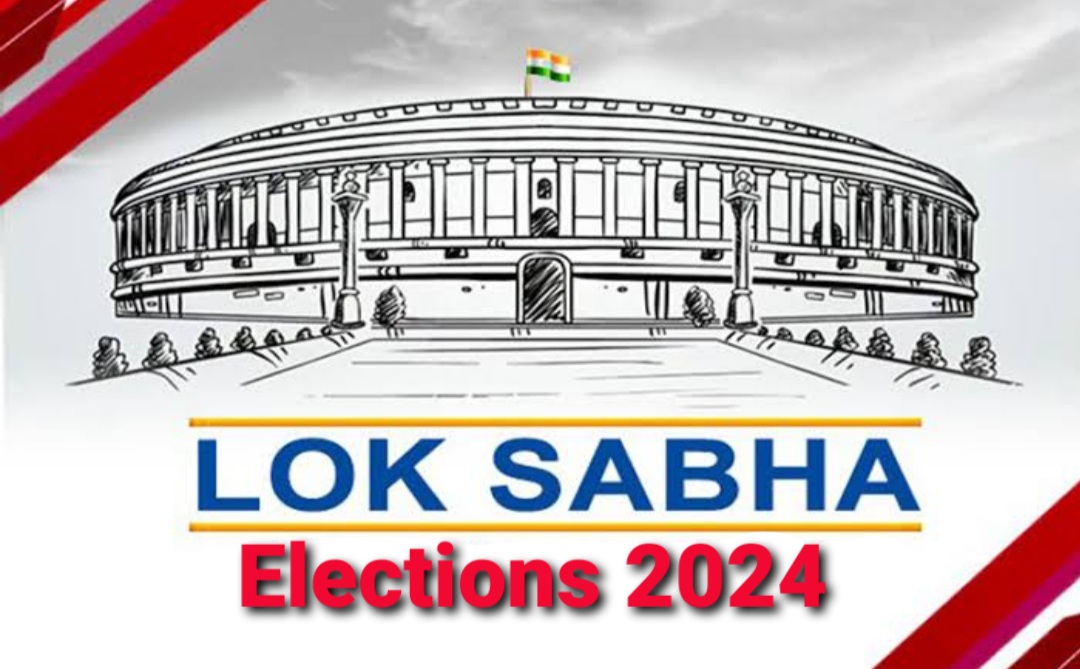The elections for the Lokasabha, the lower house of India’s parliament, are scheduled to take place in May 2024.
As the country gears up for this momentous event, it is important to reflect on the significance of these elections.
Let us discuss the various factors that will influence the outcome of these elections. Factors such as the current political landscape, the economy, and social issues will all play a role in determining the winner of the elections.
Overview on Lokasabha elections:
India is a federal republic with a parliamentary system of government. The Lokasabha is the lower house of the Indian parliament, and it is made up of 543 elected members. The Lokasabha elections are held every five years, and the last elections took place in 2019. The ruling party in the Lokasabha is the Bharatiya Janata Party (BJP), which currently holds a majority of seats.
The election process in India is complicated, with a number of different factors to consider. The first step is for each political party to select its candidates. These candidates then file their nomination papers with the Election Commission of India.
The next stage is the campaigning period, when parties and candidates try to win support from the electorate. This is followed by voting, which takes place in phases across the country.
The final stage is the counting of votes, which is usually completed within a few days. The party or coalition with the most votes is then invited to form the government.
Current political situation in India:
The current political landscape in India is highly polarised. The ruling party, the Bharatiya Janata Party (BJP), is seen as being divisive and many voters are tired of the party’s policies. The main opposition party, the Indian National Congress (INC), is seen as being more inclusive and is gaining support from voters who are tired of the BJP’s divisive policies. These include the implementation of the controversial Citizenship Amendment Act (CAA) and the ongoing protests in Kashmir. The BJP’s handling of these issues could cost them votes in the upcoming election.
The BJP is led by Prime Minister Narendra Modi, who is widely seen as the most influential political figure in India. Modi is a controversial figure, and his government has been accused of intolerance and violating human rights. However, Modi remains popular among many Indians, and he is likely to continue his role as the Prime Minister.
Issues that are likely to shape the outcome of 2024 elections:
The economy is another important factor that will influence the outcome of the Lokasabha elections. India’s economy has been struggling in recent years, and this has led to dissatisfaction amongst many voters. The BJP has been blamed for the current economic situation.
Another key issue is unemployment. Currently, there are over 10 million unemployed Indians. The government must create policies that encourage businesses to create jobs and provide opportunities for all citizens to find meaningful employment. The current government failed to provide the promised number of employment opportunities.
Social media will also play a huge role in the 2024 elections. Candidates will need to use social media to reach out to voters and get their message across.
Conclusion:
As we approach 2024, it is essential that we consider the issues that will be most important to voters and make sure that we elect a government that is committed to addressing them. It is also important not to believe everything we see on social media without any fact-checks and also to not spread hatred. Bullying each other for having different political views is very common these days. Let’s be mature enough to avoid those. It is our duty to ensure that India remains a strong and vibrant democracy.
